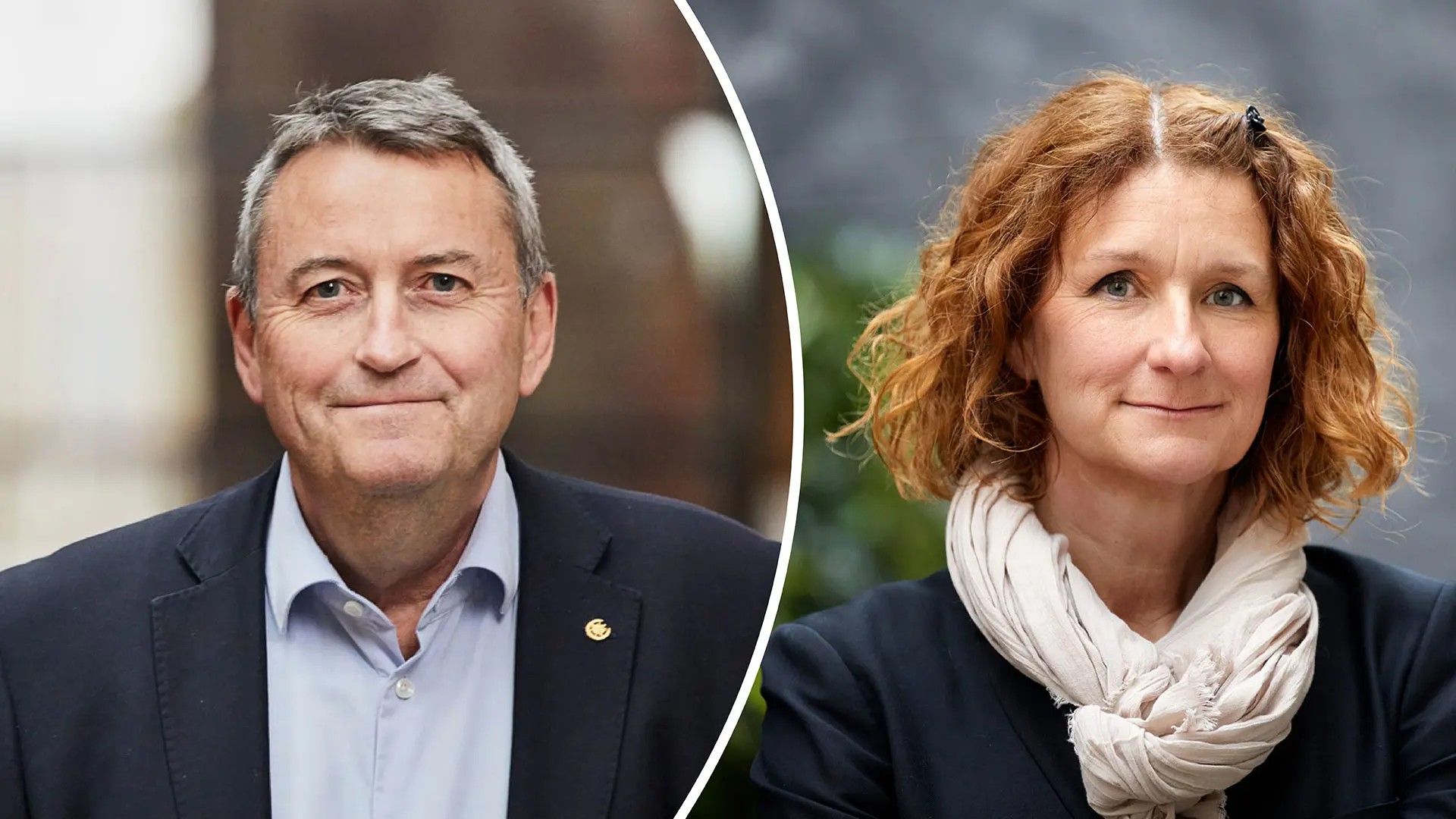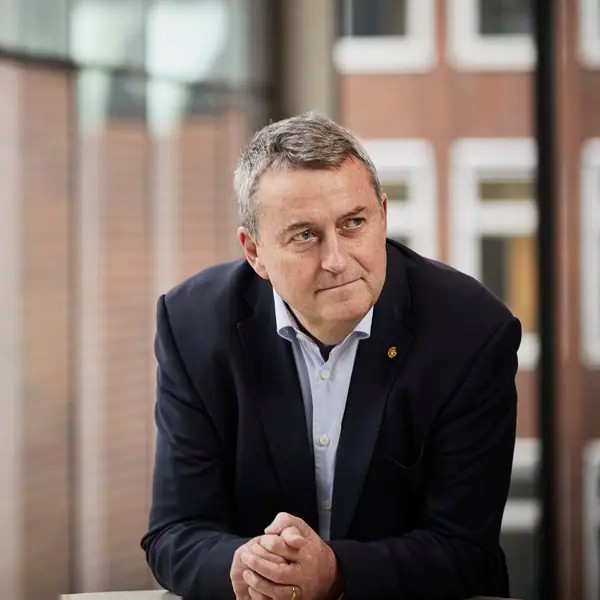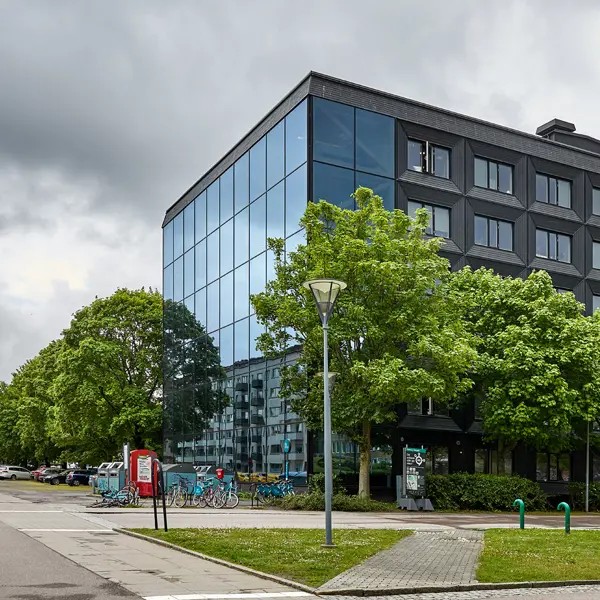
2023-02-21: Intelligence activities through research collaborations are increasing. Sweden's universities need to act, but this requires thought and careful consideration. Chalmers is and has been aware and vigilant in our collaborations with universities and organisations in totalitarian states, but a more coordinated and systematic way of working now needs to be developed nationally.
Research and education are conducted today in a global arena. Internationalisation offers opportunities for exchanges for students at different levels and for researchers who can establish collaborations and projects with distinguished colleagues from all over the world. International collaborations are an important prerequisite for quality development in our own operations.
In the Western world, we take for granted that researchers have the right to define research questions, methods and to establish the collaborations that are needed. But researchers and students from countries with authoritarian regimes, including China, do not have the same freedom. Instead, they are often put under pressure to obtain information on behalf of the regime, information that may be used for, among other things, military purposes.
That this is happening, and that intelligence gathering directed at universities, their teachers/researchers and students is apparently increasing, is very worrying. That Chinese researchers and students are exploited in this way can have security policy consequences but also damage open, free research.
Academic freedom must be protected nationally and internationally. Cooperation with authorities, and universities in dialogue with business, is the way forward. We need to protect the integrity of universities and prevent research results from being used for military purposes by authoritarian regimes. But we must also protect the independence of academia. It is a difficult balance but necessary to make together.
Our assessment is that Chalmers should not alone introduce restrictions for doctoral students or researchers from specific universities – this needs to be done in coordination with other Swedish higher education institutions and with authorities such as the Swedish Security Service and the Swedish Migration Agency, which have the necessary knowledge to assess risks linked to nations, individuals and universities . Individual researchers should not be left alone with the risk assessment – they should have access to proper tools to be able to avoid dubious research collaborations. Chalmers employees have knowledge of risks and the export restrictions that exist, but these need to be increased – work that is ongoing and carried out in collaboration with, among other things, partner universities in Europe.
The actions of China and other authoritarian regimes described above involve great risks. With cooperation and increased knowledge, we can prevent researchers who are tasked with gathering information for military purposes from working at Chalmers.
Stefan Bengtsson, President and CEO for Chalmers University of Technology, and Charlotte Wiberg, Acting President/Deputy CEO.
Under the headline "President’s perspective" the President and CEO for Chalmers University of Technology, shares his reflections on current topics that concern education, research and utilisation.


